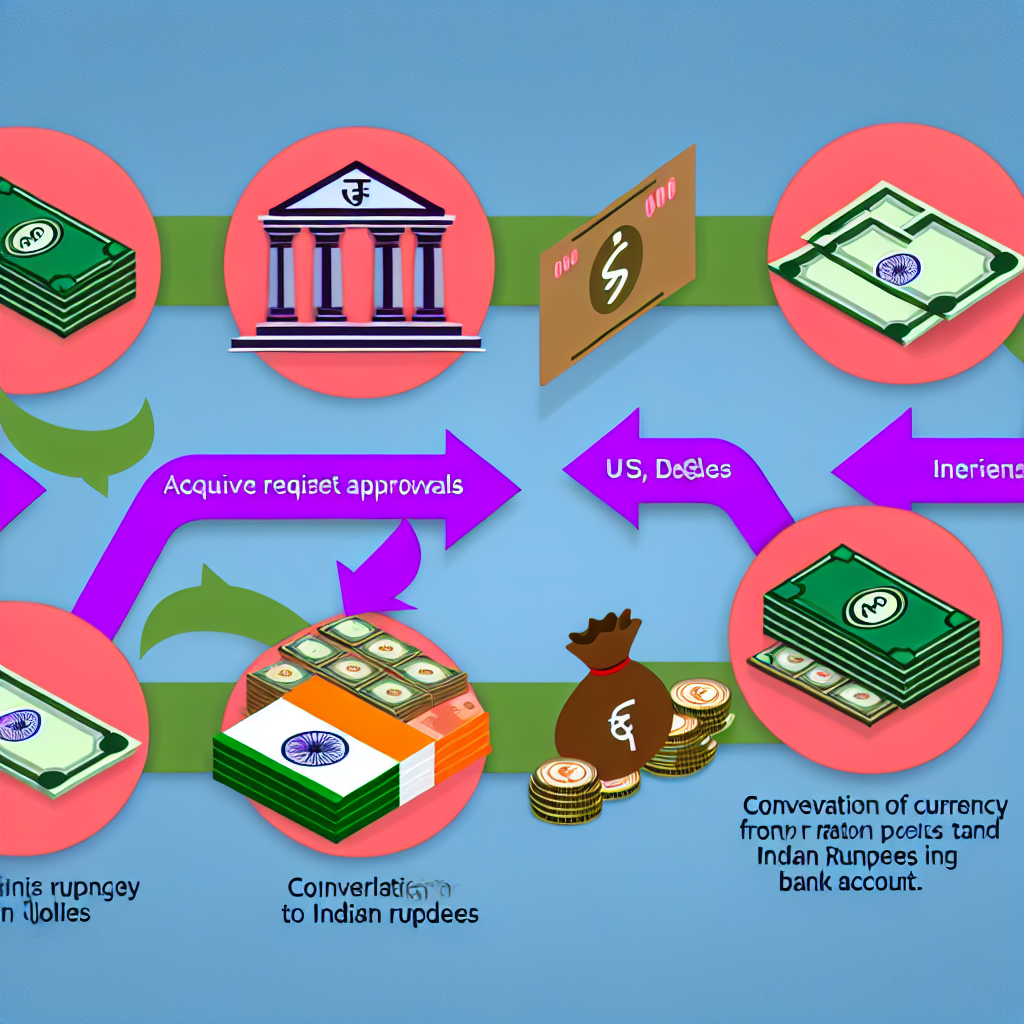
Introduction
Bringing money from abroad to India legally is a common concern for many individuals. Whether you are an NRI (Non-Resident Indian), an expatriate, or have received funds from overseas, it is essential to understand the legalities and procedures involved in transferring money to India. In this guide, we will explore various methods and regulations that govern the transfer of funds to India, ensuring that you can repatriate your money without any hassles.
Understanding the Regulations
Before you proceed with bringing money to India, it is crucial to familiarize yourself with the relevant regulations and guidelines set by the Reserve Bank of India (RBI). The Foreign Exchange Management Act (FEMA) governs the inflow and outflow of foreign exchange in India, and as a result, there are specific rules that need to be followed when transferring money from abroad to India.
Key Points to Consider:
- Ensure that the source of funds is legitimate and complies with the regulations set by the RBI.
- Understand the permissible limits and purposes for which the funds can be transferred to India.
- Be aware of the tax implications, if any, associated with the transfer of foreign funds to India.
Methods of Transferring Money to India
There are several legal ways to bring money from abroad to India. Depending on the source of funds, the amount involved, and the purpose of transfer, you can choose a suitable method that aligns with the regulatory framework. Here are some common methods:
1. Wire Transfers
One of the most popular and secure ways to transfer money from abroad to India is through wire transfers. You can use services provided by banks or authorized money transfer operators to send funds directly to your Indian bank account. Ensure that you provide accurate details, including the beneficiary’s name, account number, IFSC code, and SWIFT code for smooth transactions.
2. Foreign Currency Demand Drafts
Foreign currency demand drafts are a reliable option for transferring funds to India, especially for smaller amounts. You can purchase a demand draft in foreign currency from a bank abroad and later deposit it into your Indian bank account. The process is relatively straightforward, but it may take longer to clear the funds compared to wire transfers.
3. Online Payment Platforms
With the rise of digital payment platforms, you can now transfer money to India using online services such as PayPal, TransferWise, or Payoneer. These platforms offer convenience and competitive exchange rates for international transactions, making it easier to repatriate funds to India.
Repatriation of Funds by NRIs
Non-Resident Indians (NRIs) often need to bring money back to India for various purposes, such as investment, family support, or savings. The RBI has specific provisions that allow NRIs to repatriate funds to India, subject to certain conditions. Here are some important points to consider:
Repatriation Limits:
- NRIs can repatriate up to USD 1 million per financial year from their NRO (Non-Resident Ordinary) account, subject to tax deductions and compliance with FEMA regulations.
- Proceeds from the sale of assets, investments, or gifts received in India can be repatriated with proper documentation and approvals from authorized dealers.
Investments in India:
NRIs looking to invest in India can do so through various channels such as Foreign Direct Investment (FDI), Portfolio Investment Schemes (PIS), or Real Estate investments. It is essential to understand the eligibility criteria, restrictions, and reporting requirements associated with each investment avenue to ensure compliance with regulations.
Conclusion
Bringing money from abroad to India legally is a straightforward process when you adhere to the regulations and guidelines prescribed by the RBI. By choosing the appropriate method of transfer and maintaining documentation, you can ensure a smooth and legal repatriation of funds to India. Whether you are an NRI or an individual receiving funds from overseas, it is essential to stay informed about the latest updates and requirements to facilitate hassle-free transactions.





